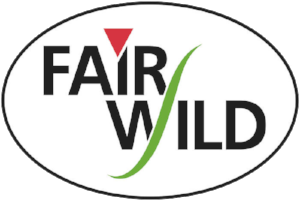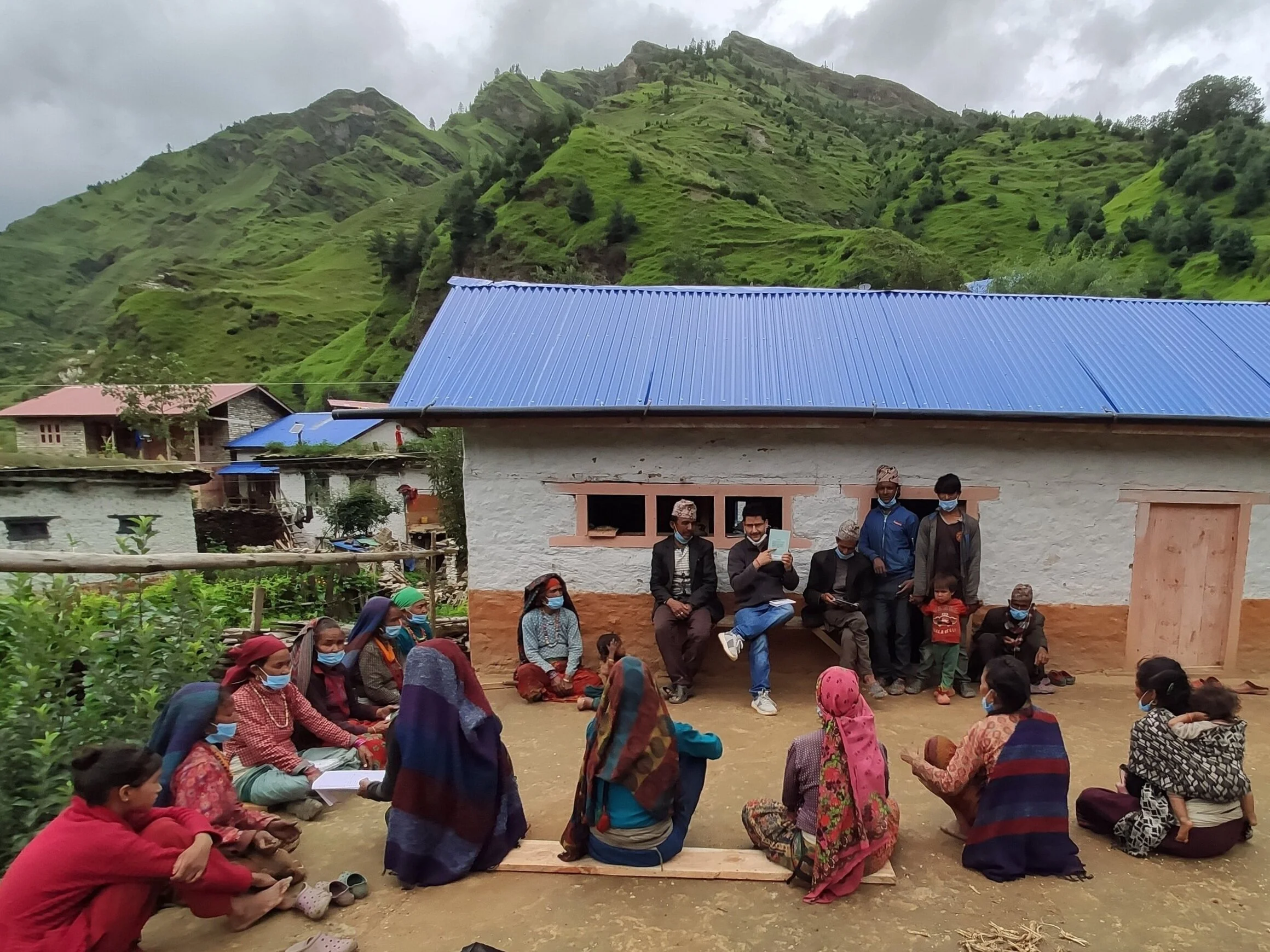Benefitting species and people: the journey towards sustainable and equitable Jatamansi trade
Kathmandu, Nepal, 1st September 2020—a three-year project in Nepal has been helping local harvesters of Jatamansi—a plant used in aromatherapy, cosmetics, and food—to boost their income by increasing the value of their product through sustainable harvesting, improving their international market access and clarifying legal issues around the trade.
Jatamansi (Nardostachys jatamansi, syn. N. grandiflora) is one of Nepal’s most commercially valuable and utilised species: between 100–500 tonnes of rhizomes are harvested from high-altitude Himalayan regions every year. At least 15,000 people across the Himalayan region depend on Jatamansi harvesting for 25% of their annual income.
Yet local income generation has been held back by factors such as low rates of value addition, a lack of direct access to international markets (in particular, those favouring sustainable supply chains), as well as an unclear legal situation around its international trade.
FairWild is one partner on a three year Darwin Initiative funded project, Succeeding with CITES: Sustainable and equitable Jatamansi trade from Nepal, has been helping address these challenges, to produce a win-win-win situation for Jatamansi, Nepali harvesters and end users in the aromatherapy, cosmetics, and food sectors.
Successes to celebrate at the end of the project’s second year, include:
Training of local forest groups on sustainable harvesting
Repair of a local distillation facility to add value to harvested Jatamansi
Translation of the FairWild Standard and Performance Indicators into Nepali
Pre-audit of Himalayan Bio-Trade Pvt. Ltd., providing a roadmap towards FairWild auditing and certification in 2020.
Read the full report on TRAFFIC’s website.

